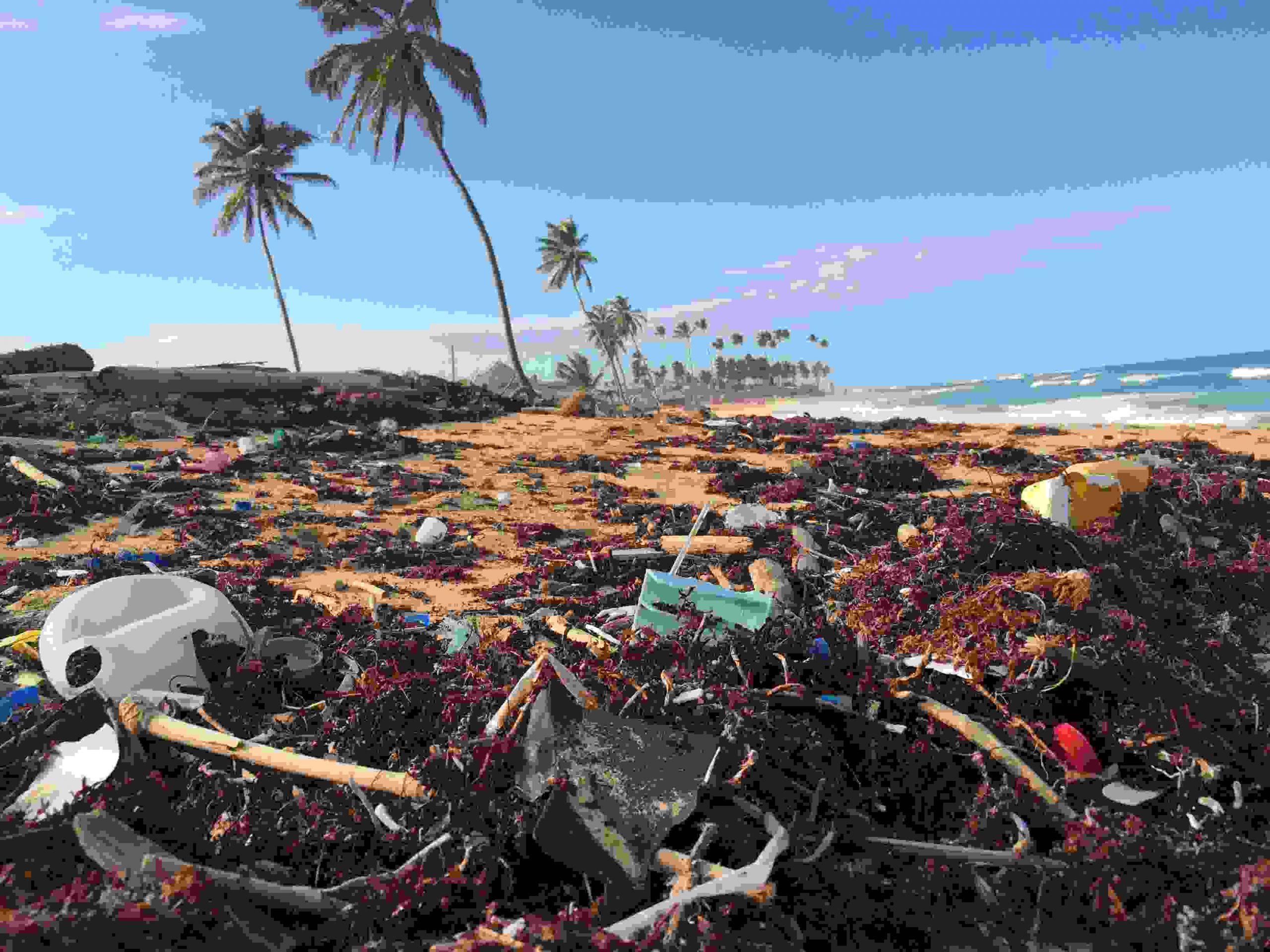In the face of increasing natural disasters and the ever-looming threat of climate change, the waste management industry emerges as an unsung hero in disaster mitigation and resilience efforts. Beyond its conventional role of handling waste, this industry plays a pivotal role in minimizing the impact of disasters and fostering community resilience.
Frontline Defense
When disaster strikes, the waste management industry swiftly transforms into a frontline defense mechanism. Timely and efficient waste removal is essential to prevent the escalation of health hazards in the aftermath of disasters. The removal of debris and waste not only aids in restoring normalcy but also ensures that potential breeding grounds for diseases are eliminated. In flood-stricken areas, for example, the prompt removal of waterlogged waste prevents the spread of waterborne illnesses, showcasing the vital role the waste management industry plays in safeguarding public health.
Recycling and Sustainable Practices
Beyond the immediate aftermath, waste management companies contribute significantly to disaster resilience through their commitment to recycling and sustainable waste practices. By promoting recycling initiatives and waste reduction strategies, these companies actively contribute to environmental conservation. This not only minimizes the long-term impact of disasters on ecosystems but also aids in the recovery and rebuilding process. Communities equipped with robust recycling programs are better positioned to bounce back environmentally and economically after a disaster.
Resource Recovery and Circular Economy
Resource recovery is a key facet of waste management’s contribution to disaster resilience. In the wake of disasters, where resources may be scarce, the industry plays a crucial role in salvaging and repurposing materials. This commitment to a circular economy not only reduces the burden on landfills but also ensures that valuable resources are maximized, contributing to a more sustainable and resilient community in the aftermath of a disaster.
Emergency Preparedness and Planning
The waste management industry actively engages in emergency preparedness and planning, working hand in hand with local authorities and communities to establish effective waste management protocols for disaster scenarios. This foresight is critical in minimizing the chaos that can arise after a disaster and ensures a coordinated effort in waste removal, disposal, and recycling. By integrating waste management into disaster preparedness plans, communities can enhance their overall resilience and responsiveness.
Community Engagement and Education
The waste management industry extends its impact beyond physical operations by engaging with communities and fostering education on waste reduction and disaster resilience. Initiatives that promote community involvement in waste management practices not only enhance overall disaster preparedness but also instill a sense of responsibility and resilience among residents. Informed communities are better equipped to handle the challenges posed by disasters, creating a cycle of preparedness and sustainability.

